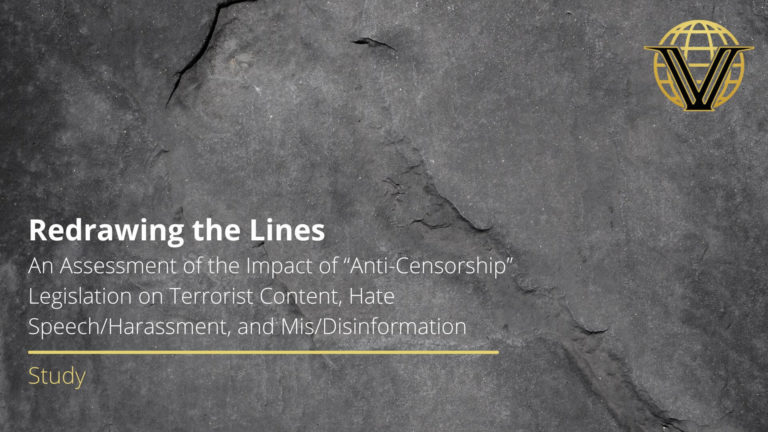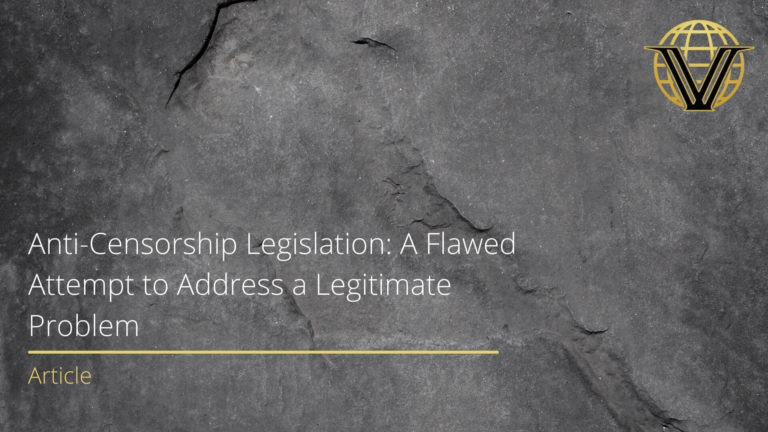Daveed Gartenstein-Ross, Emelie Chace-Donahue, and Colin Clarke
Foreign Policy Research Institute.
The Islamic State’s attacks in Paris in November 2015 and Brussels in March 2016 demonstrated ISIS’s reach from the heart of its “caliphate” in the Middle East to major European capitals. Foreign fighters from France and Belgium consistently proved themselves as capable members, as they have been responsible for recruitment, propaganda, and external operations.
Overall, 1,300 French and 400 Belgian citizens traveled to Iraq and Syria. Around 700 French and 150 Belgian foreign fighters remain in Iraq and Syria, while another 270 French and 125 Belgian foreign fighters have returned home. Some of those still in Iraq and Syria will inevitably look for opportunities to leave. While not all French and Belgian foreign fighter returnees will engage in dangerous or threatening activities upon leaving Iraq and Syria, some may radicalize others, plot attacks, and join or create extremist networks inside and outside of prisons.
In the penitentiary system, interaction between returnees and other criminals could facilitate the spread of violent extremism. The threat of radicalization in prisons is especially pronounced in Belgium, where returnees are dispersed throughout the country’s standard prisons and have the opportunity to indoctrinate fellow prisoners. Belgium’s overcrowded prisons could make it difficult for prison authorities to monitor returnees’ activities.
Radicalization will likely occur outside of prison as well. By the end of 2020, most Belgian returnees and many French returnees will be released. While authorities will continue to monitor returnees, there will be people radicalized by returnees who escape authorities’ radar. Returnees who were never prosecuted or imprisoned may radicalize others. France maintains a list—the so-called S list or Fiche S—with more than 26,000 names that correlate to individuals in the country suspected of radicalization, however poorly defined the term is.
Returnees who never went to prison are not necessarily less radical than those who were prosecuted and imprisoned. In many cases, they were not prosecuted only because there was insufficient evidence to convict them in a court of law. These returnees are monitored by French and Belgian authorities, but they likely have and will continue to spread violent extremist ideology to others in their communities.
French and Belgian returnees may plot and conduct attacks. Tyler Vilus, Sofiane Amghar, and Khalid Ben Larbi—known associates of Abdelhamid Abaaoud, the ringleader of the Paris attacks—hatched plots themselves, but were arrested or killed by authorities before they could act. In July 2018, a French returnee coordinated with two fellow prisoners to plot an attack against prisons and other sites upon their release.
It is possible that ISIS will send new returnees back to France and Belgium to conduct attacks directly. ISIS may attempt to reestablish its connections to French and Belgian returnees through the virtual plotter model, by which ISIS coordinates operations via online platforms. ISIS used this model successfully in the past, and as the organization works to reassert itself, a return to virtual planning may be an attractive course of action.
To spread violent extremist ideology and plot attacks, French and Belgian returnees may join established extremist networks or develop new ones. France’s containment prison policy, designed to segregate extremist prisoners from the general population, could help returnees and other radical prisoners create and solidify extremist dawa (proselytization) networks. By housing radical prisoners in the same prison wings, the containment policy may provide space for violent extremists to network with like-minded individuals and form long-lasting relationships. Remnants of networks like Sharia4Belgium and the Khalid Zerkani network—both of which recruited Belgian and French foreign fighters—could exist in the penitentiary system and attempt to reestablish themselves while in prison.
These networks may also attempt to reestablish themselves under new banners once former members are released from prison. French and Belgian returnees may join other extremist facilitation networks throughout Europe to coordinate attacks, fund extremist activities, or send new recruits to Iraq and Syria. One Belgian returnee traveled to Britain to receive funding from an extremist facilitation network before returning to Belgium.
Not all French and Belgian foreign fighters have returned or will return home. Some will disperse to other countries, fearing prosecution or wishing to fight in another theater. France reported that 39 of its citizens and residents who traveled to fight in Iraq or Syria are now located in third countries. Some French foreign fighters have traveled to Yemen after transiting Iran.
A small number of French nationals have traveled to Afghanistan via Iran because they were unable to reach Syria. While there are no confirmed reports of French or Belgian foreign fighters traveling to Afghanistan after fighting in Syria, other foreign fighters have gone to Afghanistan, indicating that some French and Belgian fighters could potentially flee there as well.
Finally, French and Belgian foreign fighters may travel back to the countries from which their families originate. Many French and Belgian foreign fighters and returnees are originally from North African countries (particularly Morocco, Algeria, and Tunisia), and a noteworthy number have Russian origins. French and Belgian foreign fighters seeking to leave Syria and Iraq may travel to these countries instead of returning to Europe.
France and Belgium have policies and systems to address the return of foreign fighters, but weak points—such as disorganized extradition policies, overwhelmed courts and penitentiary systems, and ineffective prison policies—leave space for some returnees to be overlooked.
In most European countries, including France and Belgium, the issue of repatriation remains politically untenable. Even as the dangers of leaving foreign nationals in squalid detention camps like al-Hol are rather clear, Paris and Brussels do not exercise active repatriation policies (i.e., the return of an individual to his or her country of citizenship), and do not have extradition agreements with authorities in Iraq and Syria. Instead, they prefer that foreign fighters be detained and prosecuted in the jurisdiction in which they committed crimes.
French authorities have said that they will repatriate women and children on a case-by-case basis, while Belgium will repatriate children under 10 years old with at least one Belgian parent, and all others on a case-by-case basis. France and Belgium’s stance against repatriating foreign fighters takes pressure off their courts and penitentiary systems, which are already overwhelmed with foreign fighter and terrorism-related cases. However, these policies may push foreign fighters to attempt to return to Europe illegally.
France, Belgium, and other European countries should prioritize the creation more coherent repatriation policies. There are clearly costs to deciding to repatriate, and to foregoing repatriation. Questions involved in forging more coherent repatriation policies include whether the evidence is sufficient to successfully prosecute individuals who return this way; the adequacy of rehabilitation programs; and whether prison sentences will be sufficiently long to incapacitate returnees during times that they may pose the greatest danger. The challenge of returnees has long been looming, and it is time for solid answers to the essential question of repatriation.



